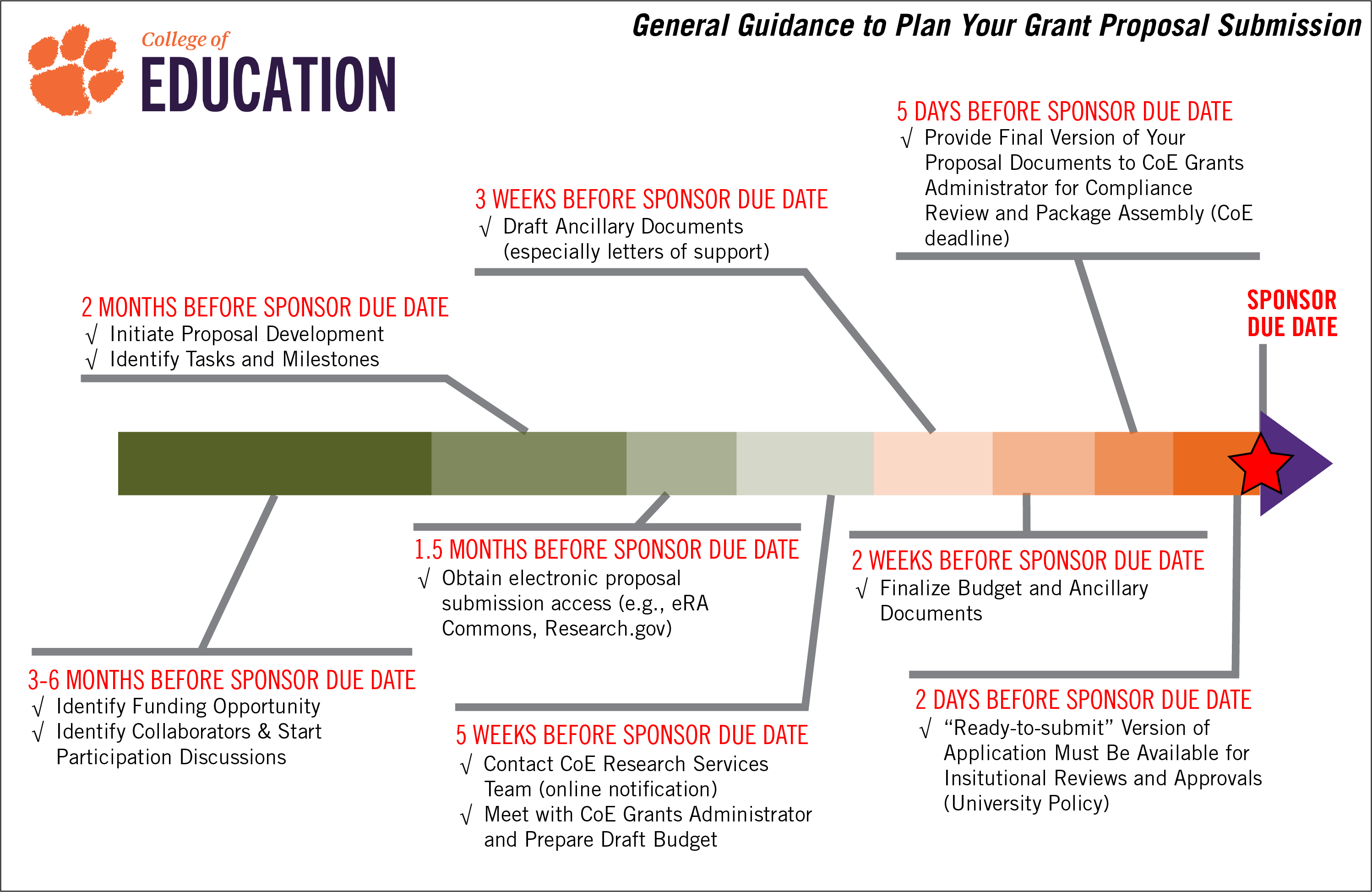-
Academics
- Academics Overview
-
Undergraduate
- Undergraduate Overview
- Agricultural Education
- Early Childhood Education, B.A.
- Elementary Education, B.A.
- Middle Level Education, B.S.
- Mathematics Teaching, B.S.
- Modern Languages Education, B.A.
- Special Education, B.A.
- Secondary Education, B.A.
- Science Teaching, B.S./B.A.
- Athletic Leadership Minor
- Human Capital Education and Development
-
Master's and Specialist Programs
- Master's and Specialist Programs Overview
- Athletic Leadership (Online)
- Counselor Education
- Educational Leadership
- Human Resource Development
- Learning Sciences
- Literacy (Online)
- Middle Level Education, MAT
- Modern Languages, MAT
- Secondary Education, MAT
- Special Education (Online)
- Student Affairs
- Teaching and Learning (Online)
- Teaching and Learning, Ed.S.
- Doctoral Programs
- Certificates | Endorsements | Licensure
- Expressway to Tiger Town
- Bachelor's To Master's | Teacher Residency
- Teaching Fellows
- Research
- Programs
- Students
- About
Proposal Development
-
Complete your Sponsored Programs Certification
Faculty and staff who are key personnel on a grant submission need to complete and maintain a current Sponsored Programs Certification, with online training every three years. For more information, visit: https://https://www.clemson.edu/research/sponsored-programs/-programs/researchers/spc.html.
-
File your Conflict of Interest Disclosure
All University employees are expected to maintain a current Conflict of Interest (COI) disclosure. For more information, visit: https://www.clemson.edu/human-resources/coi/
-
Understand Support for InfoEd
Your grants administrator will create your proposal’s InfoEd record and work with you to complete it. InfoEd is the University’s electronic research administration system to complete and route grant application packages for institutional approvals prior to submission.
-
Be Aware of Timeline Policies
To provide maximum support and service, the College of Education grants administrator should receive a complete “ready-to-submit” proposal package five business days in advance of the sponsor’s due date.
The University-wide policy is “all applications seeking support from sponsors external to Clemson University must be in ‘Ready to Submit’ format and have received the preliminary approval of the applicable OSP Support Center [college] to electronically route for approval by chairs and associate deans for research a minimum of two business days in advance of the immediate sponsor deadline, in order for OSP to guarantee on-time submission.” For more information, visit: http://media.clemson.edu/research/policies/final/2.0.2_InternalSubmission.pdf. - Set Milestones
-
Explore Education Specific Resources
Education-specific funding and research resources are available through the College of Education Canvas Workgroup. Have questions? Click here: https://clemson.instructure.com/courses/90323
-
Request Electronic Username (e.g., NSF Research.gov/FastLane)
An electronic username is required for proposal submissions to the National Science Foundation (NSF) and other federal agencies. Requests should be made as far in advance of proposal submission deadlines as possible, but no later than 3 days prior to electronic submission due dates to ensure registration and allow for on-time proposal submission. To request a username, visit https://ereg.app.clemson.edu/login/sign-in.php.
-
Access University-wide Research Resources
The University’s Division of Research maintains an online research policy manual. Visit https://www.clemson.edu/research/policies/.
The University’s Office of Sponsored Programs (OSP) provides guidance for researchers on many aspects of proposal submissions. Visit https://www.clemson.edu/research/sponsored-programs/-programs/researchers/.
OSP has compiled a list of standard information that is included on proposal applications. Visit https://www.clemson.edu/research/division-of-research/offices/department-osp/researchers/standard-info-prop.html.
The University’s Office of Research Development (ORD) provides a repository of proposals. Visit https://www.clemson.edu/research/division-of-research/offices/department-ord/resources/index.html to access the repository and other ORD resources.
The Clemson Libraries offers several services related to research data stewardship, including assistance in preparing data management plans for proposals. Visit https://libraries.clemson.edu/digital-scholarship-publishing/data-services/
-
Understand Who Approves Proposal Submissions
All university proposals are routed in InfoEd for institutional approvals prior to submission. This list identifies CoE approvers as well as relevant college fiscal contacts.
-
Understand Employee vs. Contractor (Stipend) Payments
In November 2016, Clemson University concluded a year-long IRS examination by executing a closing agreement in connection with IRS regulations governing employer classification of Employees versus Independent Contractors. This agreement had an immediate effect on College of Education grant funded projects and proposal submissions involving teachers as participants. Grant participants who previously received stipends/lump sum payments were required to be hired as employees and paid a salary (with associated fringe benefits). This change impacted grant budgets in multiple ways, added new Human Resources requirements to grant activities, and placed new onboarding obligations on grant participants.
In Fall 2018, a cross-campus team convened to explore how to mitigate the impact of the IRS agreement on grant submissions and funded projects while remaining within the closing agreement guidelines. This team comprised representatives from Grants and Contracts Administration, the College of Education ADR’s Office, Controller’s Office, Office of General Counsel, multiple offices in Human Resources, and the University’s external tax consultant.
The result is a two-pronged approach to mitigation:
- A matrix has been prepared that serves as a job-aide to assist faculty in determining whether grant participant(s) would qualify for stipend (contractor) payment or be required to be hired as an employee based on published IRS guidance.
- When participants are required to be employed, Human Resources has helped streamline the hire process to a much leaner and easier process to implement than the standard onboarding process.
In March 2019, the campus team achieved consensus and approval on resources and processes to facilitate grant submissions and successful projects in this environment. Guidance and documents (downloads) are available to Clemson University faculty, pre-award staff, post-award staff, and business office staff for grant submissions and awards Located Here.


